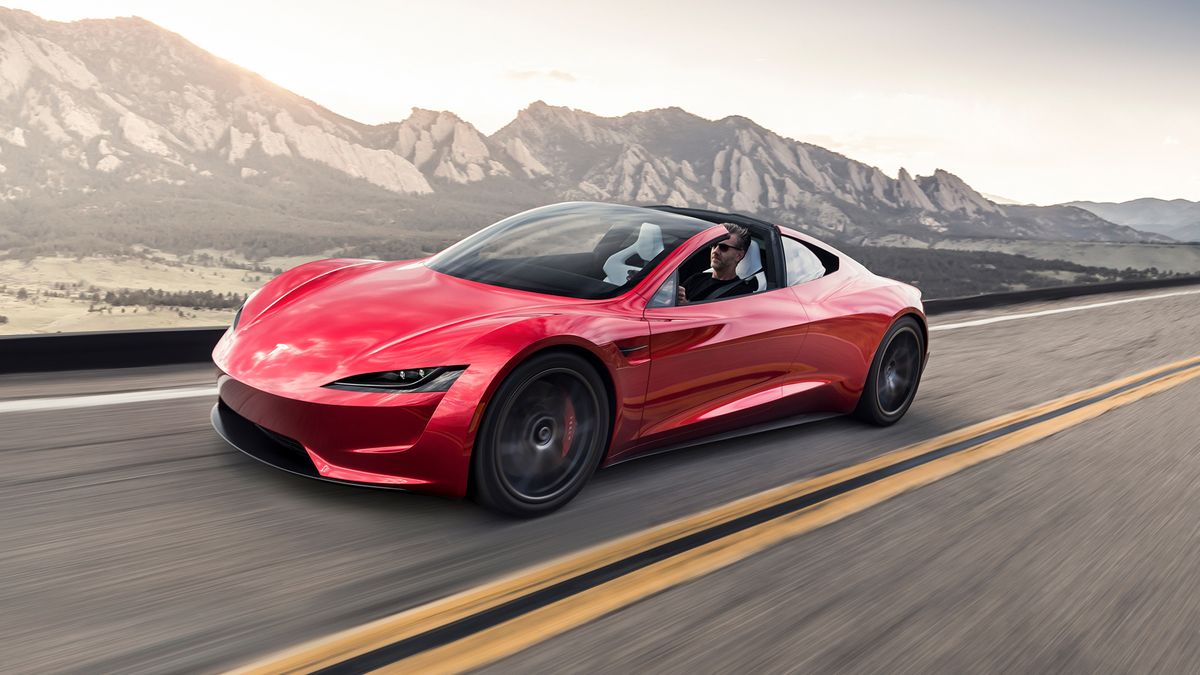
Tesla is still taking deposits on its long overdue Roadster, despite promising it would arrive in 2020
- 24.03.2025 13:13
- techradar.com
- Keywords: No, No
Tesla continues to accept $50,000 deposits for its delayed Roadster, despite no updates on delivery or specs since its 2017 reveal. Some customers question the long wait, while others note that investing their deposits in Tesla stock could have yielded higher returns.